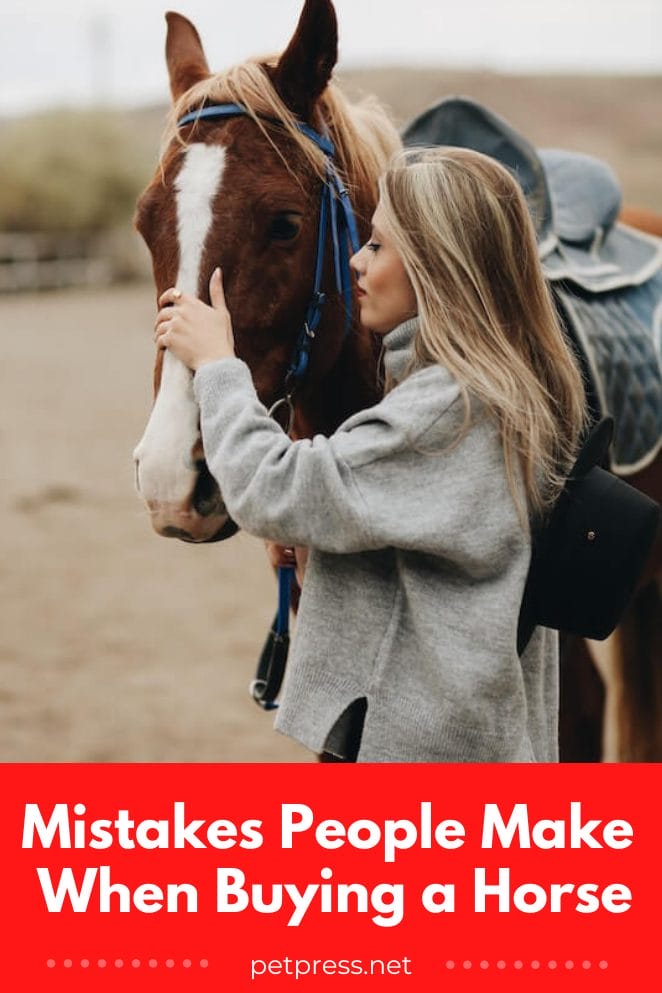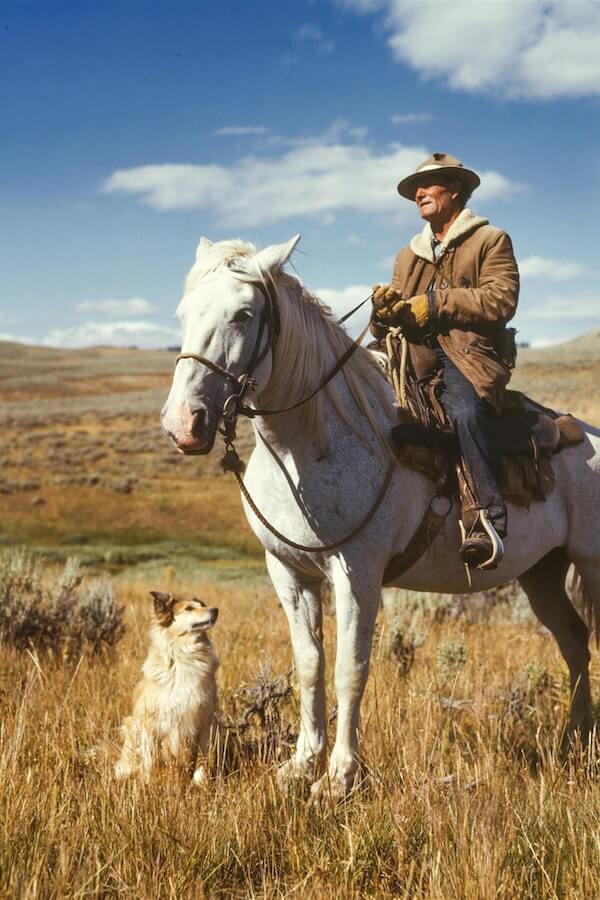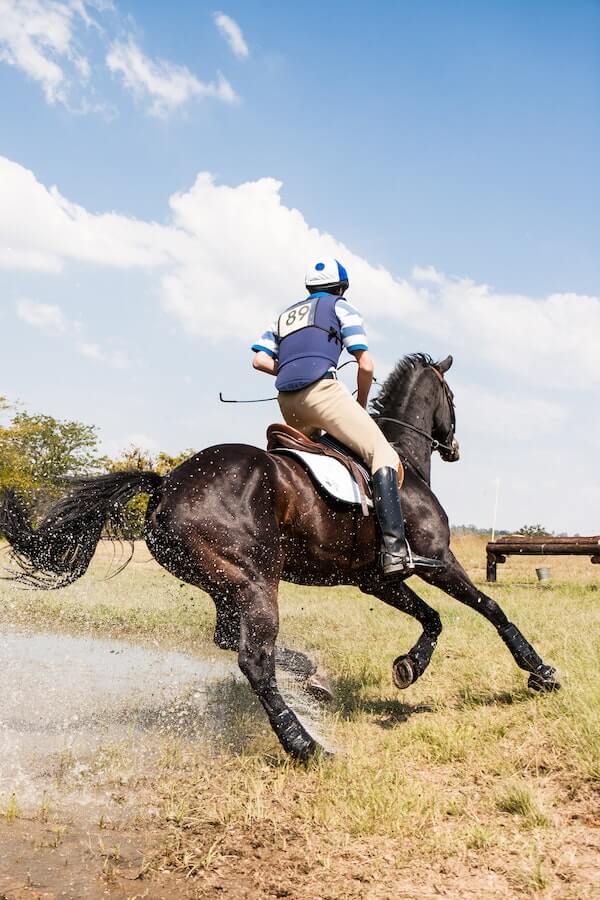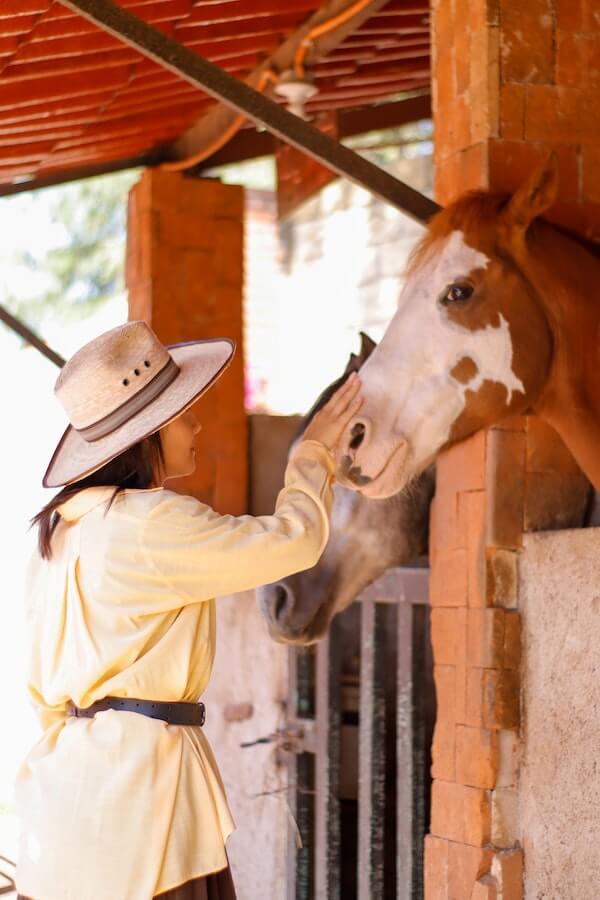
Thinking of buying a horse? Congratulations – it’s going to be an exhilarating and rewarding experience! But be cautious of the mistakes people make when buying a horse.
Horses make great pets, but they’re a big commitment and responsibility. Before investing in a horse, you must ensure that you’re fully prepared for the process and understand what goes into caring for them.
Before you take that big leap into the world of horse ownership, arm yourself with knowledge and read up on how to avoid the common pitfalls.
Knowing what to look for ahead of time is key in making sure you end up with a healthy, rideable horse that will bring joy and happiness into your life.
Read on to gain insight into the dos and don’ts when it comes to purchasing a new four-legged friend.
Common mistakes people make when buying a horse

When it comes to buying a horse, most people want the perfect little pony or trusty steed of their dreams.
Unfortunately, sometimes that dream can turn into a nightmare if you’re not careful. Here are the top 10 Mistakes People Make When Buying a Horse – and how to avoid them:
Mistake #1: Not Doing Your Research
Before entering horse shopping mode, it’s important to do your research first.
Learn as much as you can about different horse breeds, age ranges, and abilities so you know which kinds of horses will meet your needs and match up with your riding level.
Don’t be fooled by glossy marketing materials or fancy ads!
Mistake #2: Not Getting Professional Assistance
If you have limited knowledge about horses, it’s important to get advice from a professional.
A qualified equine veterinarian or horse trainer can help you find the right horse for your level as well as provide insight on how to evaluate potential purchases.
Mistake #3: Not Budgeting
It’s easy to fall in love with a certain horse and forget about the cost of upkeep.
When looking into buying a horse, make sure you have a clear budget that takes into account feed, boarding fees, vet visits, farrier services, and any other costs associated with owning a horse.
Mistake #4: Not Seeing the Horse
If possible, you should always try to see the horse before buying it.
This can be done by visiting the facility where it is stabled or by having it brought to you by the seller for a test ride.
Mistake #5: Not Focusing on Temperament
A horse’s temperament is just as important as its physical attributes and riding skills.
Be sure to observe the horse’s behavior before making a purchase, as some horses may have issues that could make them dangerous.
Mistake #6: Buying from an Unreputable Seller
Make sure you do your research on the seller before buying any horse. Ask for references or check online for reviews of their past sales and services.
Mistake #7: Not Asking About Health History
When buying a horse, it’s essential to ask about its health history and get all necessary veterinary documents beforehand.
Horses have a long lifespan so you must check out their health condition before you get one.
You should also check for any signs of illness or injury that could affect its performance.
Mistake #8: Not Knowing What You’re Getting
When buying a horse, you should always ask for documentation that confirms the horse’s breed, age, pedigree, and other important information.
This will ensure that you are getting exactly what you paid for.
Mistake #9: Not Testing the Horse
Before making a purchase, take the time to test-ride the horse to make sure it’s suitable for your level and has no major issues.
If possible, also have an expert evaluate its abilities so you know what kind of riding you’ll be able to do with it.
Mistake #10: Making an Impulse Buy
Horses can be expensive investments and it’s important to make sure you’re making the right decision. Don’t forget to take your time and weigh all of your options before coming to a conclusion.
How do you know if a horse isn’t right for you?

Are you looking for your perfect equine match?
Shopping for a horse can be both an exciting and daunting experience, but luckily there are a few telltale signs that can help you determine if the horse is right for you.
If a horse exhibits any of the following traits during your purchase process, it might be time to look elsewhere!
1) Restless Nervousness
Horses can get nervous when they feel uneasy or scared. If the horse appears restless or fidgety while being handled, it could be a sign that it’s not the one for you.
2) Unfriendly Attitude
A good mount should display a friendly attitude toward its rider. Look out for sulking behavior, balking, or spinning when approached.
3) Unwilling to Cooperate
If the horse is unwilling to participate in activities such as leading, haltering, or loading into a trailer, it may not be the best fit for your needs.
4) Poor Hoof Condition
The condition of a horse’s hooves is almost always a good indication of its overall health. Inspect the hooves before buying and make sure they are free of cracks, chips, and wear.
5) Unusual Lameness
Horses will often become lame due to poor shoeing or an underlying medical condition. Pay close attention while riding and observe any signs of lameness or uneven gaits.
By taking note of these five telltale signs, you can ensure that the horse you choose is right for you. Make sure to look out for these behaviors during your search so that you can find your perfect match!
When should a beginner buy a horse?

Are you ready to experience the equestrian lifestyle and make one of these majestic creatures part of your family? If so, you may be wondering when the best time for a beginner to buy a horse is.
The absolute best time for beginners to purchase a horse is after they have had ample opportunity to learn about horses, how to care for them, and what types of activities they can share with their horse.
So, it’s important for any prospective horse owner—especially first-timers—to devote plenty of time educating themselves on the basics of “horse ownership 101”.
From feeding and grooming to training and understanding the horse’s behavior, it is essential to become familiar with all facets of horse care before making any kind of commitment.
Once you are comfortable with your knowledge base, then you can begin shopping for a suitable equine companion.
You should also consider joining a local riding club to get advice from more experienced members about selecting an appropriate horse for your level of skill and experience.
The best age for a beginner to buy a horse is between 5-16 years, but it can vary from person to person.
One can also say that the best time to get a horse is when they have become knowledgeable about the essential aspects of equine care.
That way, when you bring your horse home for the first time, you will be able to confidently provide your new companion with everything he or she needs to stay happy and healthy.
Conclusion
Mistakes are inevitable, but when it comes to buying a horse, avoiding some of the common pitfalls can save you a lot of trouble.
Do your research and be wary of any deal that looks too good to be true. You can choose from the list of best horse breeds for beginners so that it will be an easy start for you.
Don’t let your emotions get the better of you – remember that this is an investment, so take your time and make sure it’s the right decision before committing to buy.
Finally, don’t forget to ask questions – it’s always better to be safe than sorry! With these tips in mind, you’ll be well on your way to finding your perfect four-legged friend. Good luck!


GIPHY App Key not set. Please check settings